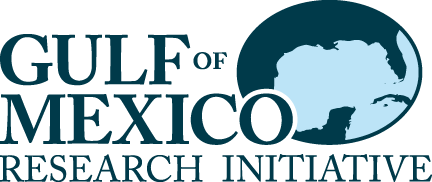Summary:
Immediately after the BP oil spill, we have conducted studies supported by an NSF RAPID grant (July1, 2010 - June 30, 2011) on the abundance and genetic diversity of tabanid (horse fly) populations along coastal Louisiana that established baseline data for measuring the impact of the oil spill. We have shown that tabanid populations crashed in oil-impacted areas and we have developed microsatellites for population genetic studies to monitor impact and recovery (see below). To continue and build upon these studies we are preparing a proposal for RFP-I with the Consortium for Land-Sea Interaction Research in the Northern Gulf of Mexico and intend to submit a proposal for the RFP-II at the appropriate time. However, the funding gap from summer through fall 2011 prevents us from obtaining most critical samples during the period when horse flies are active and data can be compared to those obtained in 2010 to assess impact on the marsh health and recovery over time.
The purpose of the proposal is to obtain support to continue the survey of tabanid populations through summer and fall 2011 to provide data to compare and add to the data collected in 2010. This proposal is designed to collect data on a tabanid species that will contribute to the evaluation of the short and longterm impact of the spill on tidal marsh health. The objectives also are aimed at generating information that would provide a platform for studies to establish tabanids as model entomological bioindicators of tidal marsh community health for coastal ecological studies and evaluation of future insults to the tidal marshes. There will be a unique opportunity in 2011 to collect specimens and samples that will be critical elements of the chronicle of the impact of the oil spill on our valuable marsh estuary, and with support we are poised to seize the opportunity. Therefore, this proposal matches the intent of the RFP-III to fill a funding gap in critical data acquisition from the end of the NSF funding this month until future funding is available.
